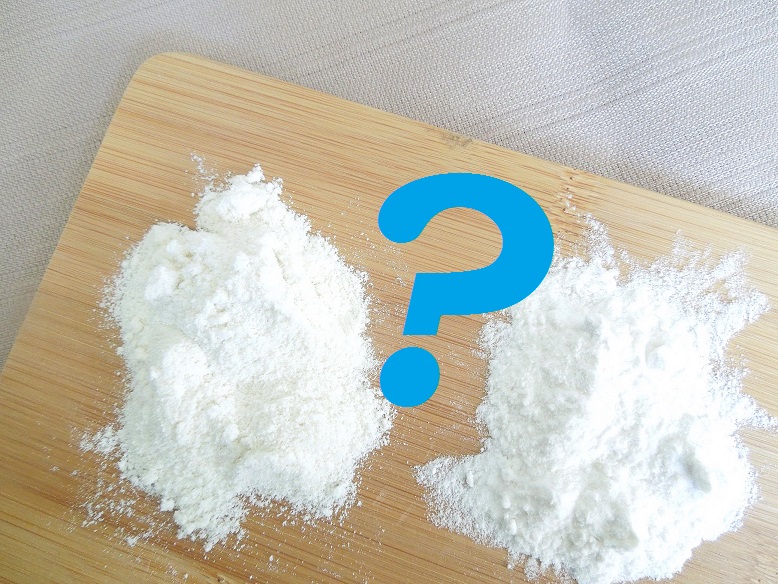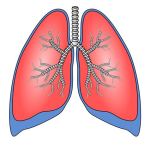The Causes of Peripheral Neuropathy
by Ray Klein
 Fishing trip, 2014 (or 13 years into my PN)
Fishing trip, 2014 (or 13 years into my PN)What are the causes of peripheral neuropathy? By finding the answer to this question we can affect our peripheral neuropathy symptoms, and possibly even avoid developing peripheral neuropathy altogether. An ounce of prevention is worth a pound of cure, or in our case - a lifetime of pain.
The causes of peripheral neuropathy are numerous, yet when we look closely at them, they really come down to just a few root causes as you will see below.
First, it should be stated that the etymology of about 50% of neuropathies are undetermined. Doctors simply cannot trace the direct cause of the neuropathy. Part of the problem with the diagnosis is doctors are limited in their ability to measure pain. They can’t measure how much pain you are feeling in any sort of absolute terms, so they ask you questions in an attempt to determine if you actually have a neuropathy or not. Be aware that perceived pain can be as painful as real pain, but the treatment is dramatically different. Also, traumatic causes are not always as apparent as one might think.
PHYSICAL CAUSES OF PERIPHERAL NEUROPATHY
Physical trauma can cause peripheral neuropathy symptoms to appear. Usually, but not always, the peripheral neuropathy symptoms from physical trauma occur at the time of the trauma or very shortly thereafter. The symptoms are usually non-bilateral (although not always) – they occur on one side of the body only, or are much more severe on one side of the body compared to the other side. Peripheral neuropathy symptoms from trauma can occur anywhere in the body first, but when trauma occurs closer to the spinal cord, the nerves farther from the affected area are also affected.
The good thing about a peripheral neuropathy caused by trauma, if there is a good thing at all, is that once the trauma is treated a great amount of relief can be gained. Also, peripheral neuropathies from trauma do not usually spread to the rest of the body as a biological one does.
BIOLOGICAL CAUSES OF PERIPHERAL NEUROPATHY
Biological causes of peripheral neuropathy range across numerous diseases but are more closely associated with conditions that affect your whole body. Some of the better known diseases that result in the peripheral neuropathy symptoms are:
|
|
Many of the diseases that are the main culprits of peripheral neuropathy symptoms attack and damage the body’s ability to remove toxins and to metabolize nutrients which impairs the production of glutathione and the functioning of the glutathione enzymes.
Additional biological causes of peripheral neuropathy:
- In nutrient metabolism, of particular concern are the deficiencies of all B vitamins, especially vitamin B12, folate (B9), and cysteine metabolism.
- Genetic variation MTHFR homozygous C677T which affects the metabolism of folate, B-vitamins and cysteine often results in a peripheral neuropathy.
- Mutations in certain glutathione genes (GSTT1, GSTM1) that affect the enzymes glutathione S-transferases (GSTs) responsible for the removal of toxins may results in toxic overload manifesting itself with the peripheral neuropathy symptoms.
- Mutations in gene GDAP1 lead to inherited peripheral neuropathies (Charcot-Marie-Tooth disease or CMT), indicating that GDAP1 is essential for the viability of cells in the peripheral nervous system. GDAP1 and related proteins contain domains characteristic of glutathione-S-transferases (GSTs), a family of enzymes that detoxify a large variety of compounds by initiating their conjugation with glutathione.
- Demyelination of peripheral nerves can manifest itself in the peripheral neuropathy symptoms, too.
In my case I was not diagnosed with any of the above diseases or any other conditions that may have resulted in a peripheral neuropathy. Although some demyelination of nerves in my feet was indeed found, it did not explain why and how the symptoms spread over 90% of my body 4 years after the onset. This made finding the cause of the pain much more of a challenge.
Diseases are not the only biological causes of peripheral neuropathy. This condition can also be brought on by:
- exposure to toxins (chemical or pharmaceutical as in chemotherapy treatments)
- certain medications (statins for lowering cholesterol)
- excessive and chronic stress
- life long poor dietary choices
- decreased oxygen supply (poor circulation)
- chronic inflammation
All these causes have one thing in common – they are marked by depletion of glutathione. Only recently have I read some studies that came to the conclusion which I found in most of the trials and studies I had read earlier – the subjects’ glutathione levels are low. While most studies mentioned low glutathione levels in connection with peripheral neuropathy, it has only been recently that low glutathione levels have been stated as the cause of the peripheral neuropathy.
The research article by Dr. Mark Gostine and Dr. Larry Pawl “Low-level consumption of glutathione-enhancing micronutrients may be beneficial in relieving symptoms of neuropathy of unknown origin” emphasizes the importance of maintaining glutathione levels in the treatment of peripheral neuropathy pain. The authors conclude that “the human body maintains homeostasis until it reaches a tipping point. Maintaining the proper ratio of reduced glutathione to oxidized glutathione within cells can help forestall the tipping point that results in nerve disorders.” The ratio of reduced to oxidized glutathione is a common indicator of oxidative stress. The participants of the study who were taking glutathione promoting supplements saw considerable reduction in peripheral neuropathy symptoms of burning pain and numbness. The complete text of this research article can be viewed here.
Another study - Lindh J, Söderkvist P, et al. Polymorphisms of GSTT1, GSTM1, and EPHX genotypes in patients with cryptogenic polyneuropathy: a case-control study. Brain and Behavior, November 2011;1(2):135-41.
In this study the highest risk of polyneuropathy was found in smokers with a deficiency in the gene GSTT1 which is responsible for proper functioning of important glutathione enzymes called glutathione S-transferases (GSTs) involved in the process of eliminating various toxins and carcinogens. Smokers with this gene deficiency had a 3.7 times increased risk for developing a peripheral neuropathy. Non-smoking participants had a twofold risk increase. The possible reason is that the GSTT1 gene deficiency is related to an impaired metabolism of toxic substances by glutathione that could lead to nerve damage in the peripheral nervous system.
How can the causes of peripheral neuropathy symptoms be reduced to one thing - low glutathione levels? If you have any of the diseases that significantly deplete glutathione, what is the one thing the doctor always tells you? The doctor always tells you that as long as your body can fight they can treat it. Once your body has nothing left to fight with, the doctor is done; there is nothing they can do at that point.
So, what does it mean – “as long as your body can fight”? It means as long as you have sufficient glutathione to: feed your immune system, quench dangerous free radicals, remove toxins, produce and transfer energy in the cell, protect the cell, repair your DNA and recycle all your other antioxidants, your body can continue to function. Once you run out of the food for your immune system, it shuts down, and the war is lost. In most instances your immune system can be augmented with drugs, but only for a short time.
As I have found out, attention to the nutritional support of the immune system, namely the optimization of glutathione levels, makes a tremendous difference in bringing the symptoms under control, no matter what were the biological causes of peripheral neuropathy. And the sooner the regimen is started the easier it is to avoid the progression of peripheral neuropathy, reverse the symptoms, and even make it a thing of the past for good.
Sources:
1. The role of oxidative stress and inflammatory response in high-fat diet induced peripheral neuropathy. Ozay R, Uzar EJ. Chem Neuroanat. 2014 Jan;55:51-7.
2. Promoting myelination in an in vitro mouse model of the peripheral nervous system: the effect of wine ingredients [corrected]. Stettner M, Wolffram K. PLoS One. 2013 Jun 7;8(6):e66079.
3. Metabolic correction in the management of diabetic peripheral neuropathy: improving clinical results beyond symptom control. Miranda-Massari JR, Gonzalez MJ. Curr Clin Pharmacol. 2011 Nov;6(4):260-73.
4. Charcot-Marie-Tooth disease CMT4A: GDAP1 increases cellular glutathione and the mitochondrial membrane potential. Noack R, Frede S. Hum Mol Genet. 2012 Jan 1;21(1):150-62.
5. Absence of SOD1 leads to oxidative stress in peripheral nerve and causes a progressive distal motor axonopathy. Fischer LR1, Li Y. Exp Neurol. 2012 Jan;233(1):163-71.
Further reading:
How To Raise Glutathione: the overview of pros and cons of most methods known to date
Ways to Boost Your Immune System
Natural Immune System Boosters
Return to Top of The Causes of Peripheral Neuropathy
Return to Peripheral Neuropathy Symptoms
Return to Home




